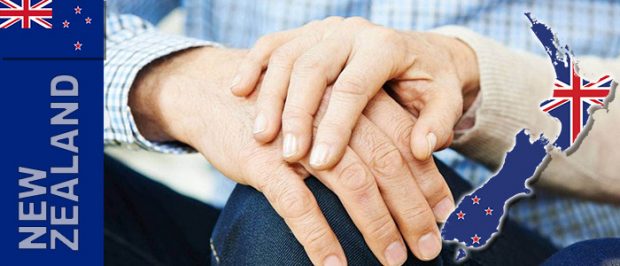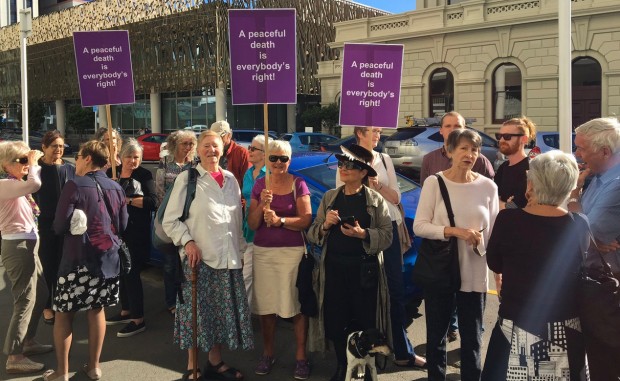October 12, 2021
Assisted Dying Starts in New Zealand
Assisted dying starts in NZ on 7 November with doctors to be paid $1087 to perform procedure.
The Government have announced the final details of how euthanasia will work in New Zealand when it becomes legal on November 7.
The law change was spurred by ACT MP David Seymour’s members’ bill and a referendum at the 2020 election, where the option to legalise assisting dying won 65 per cent of the vote.
Strict guidelines surround the procedure. People who wish to end their life under the law must be terminally ill and likely to die within the next six months. They must be in an advanced state of irreversible decline and must be undergoing “unbearable” suffering. And they must be mentally able enough to make an informed decision.
Those who apply for assisted dying need two medical practitioners to agree that the person is eligible under the strict criteria. If there is any uncertainty about their capacity, a psychiatrist must assess their competency.
Strict Safeguards
The Ministry of Health must be informed of anyone who undergoes assisted dying, with a special review committee keeping track.
An official notice has been gazetted setting out a price schedule for the practice, including what medical practitioners will be paid by the Government for performing the procedure – $1087.20.
Other fees can be paid to those involved in assisted dying services, including psychiatrists who can be called upon to declare that the person requesting assisted dying is of sound mind and is not being pressured to do so.
Travelling costs are also included and are likely to be needed – a February survey suggested only about a third of medical practitioners were planning on offering assisted dying services.
Health Minister Andrew Little announced the membership of the committee who will review reports of those undergoing assisted dying: Dr Dana Wensley, a medical ethicist, Brenda Close, a health practitioner, and Dr Jane Greville, a medical practitioner practising end-of-life-care.
“This independent review mechanism is one of the many safeguards put in place to ensure the service is operating in line with strict criteria set out by the Act,” Little said.
“The other body required under the legislation, the Support and Consultation for End of Life in New Zealand group, or SCENZ, was appointed in August.
Its responsibilities include maintaining a list of health practitioners providing assisted-dying services, and helping develop and oversee standards of care.”
Little said the funding was key to make sure the service was accessible, and for most people would be free.
“We expect that in most circumstances, these services will be provided in the community and will be free for people who meet the strict eligibility criteria,” Little said.
“Medical and nurse practitioners who provide care as part of the assisted-dying service will be paid for their work and for their travel costs.”
ACT’s End of Life Choice spokeswoman Brooke van Velden welcomed the news.
“On November 7, New Zealanders will be able to access the End of Life Choice Act, with those who are suffering able to end their lives in peace and dignity surrounded by loved ones,” she said.
“We say that a society should be judged by how it treats its most vulnerable. Very soon our country will give those who face terrible suffering at the end of their life compassion and choice. It will be a good day to be a Kiwi.”
Editor’s Note
In 2018, Exit’s Wellington Coordinator, Suzy Austen, stood trial over the assisted suicide of Annemarie Treadwell. She was found not guilty.
In 2016 Exit members’ homes were raided as part of Operation Painter by the NZ police. The raids and the fake roadblock that police used to gather names and addresses were later found to be unlawful.

